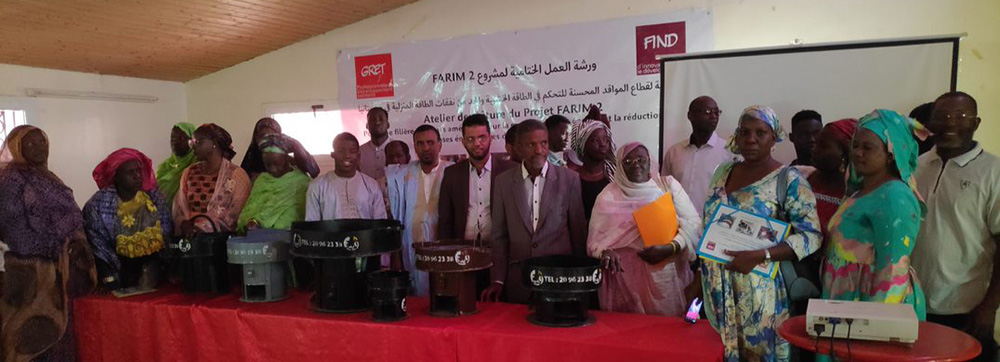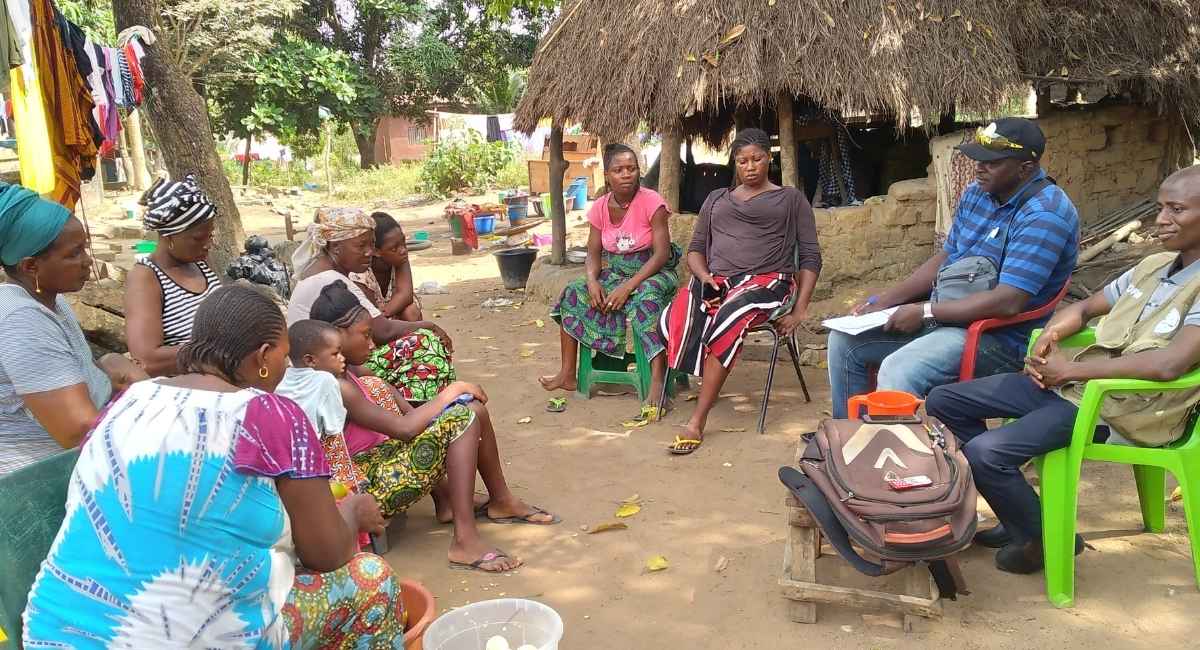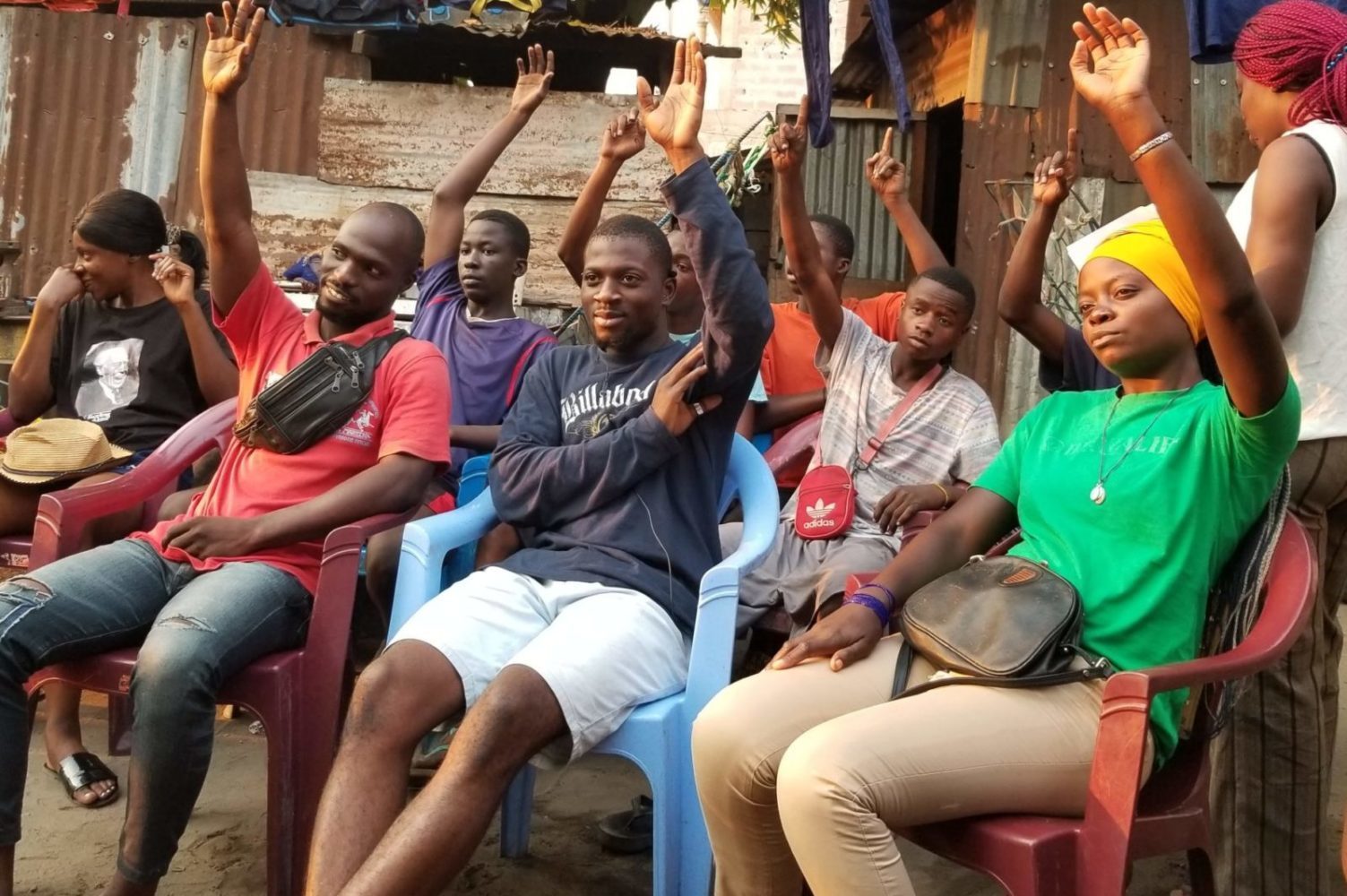The Improved stoves in the Islamic Republic of Mauritania (Farim) project finished at the end of 2019. We take a look at the project’s main achievements and future prospects…
An initial assessment of the Farim project
Conducted in Mauritania since 2015, the aim of this project was to combat fuel poverty, reduce domestic use of charcoal and improve access to clean cooking energy. Via its endowment fund and in partnership with Engie, GRET contributed to the implementation of a local improved cooking stoves value chain. The stoves are marketed under the Fayda stoves name.
The first phase of the project (2015-2016), aimed to design a stove suited to the Mauritanian context, while the objective of the second phase (2017-2019) was to develop a sustainable local value chain to produce and distribute improved stoves. This second phase also enabled the creation of a production workshop and a distribution network in Nouakchott and Rosso, in collaboration with associations, cooperatives, mutual societies and private sector stakeholders. Thanks to this initiative, almost 2,000 stoves were produced and distributed. Ten young artisan welders graduated with their diplomas from the CFPP and Caritas training centres, and new jobs were also created for five artisan welders and 17 stove distributors (the latter are all women). These achievements contributed to reducing greenhouse gas emissions and improving households’ cooking conditions by reducing expenditure on energy and decreasing respiratory illnesses caused by pollution of interior air.
Collaborative work with all stakeholders in the value chain (the women using it, distributors, artisans, etc.) led to the development of new products such as a cooking grill, a stove model suitable for preparing tea and another for catering or ceremonies.

Working at different levels
The workshop marking the end of the Farim project took place in December 2019. It was chaired by Boubacar Ethmane, director of the Department for protection of nature at the Ministry of the Environment and Sustainable Development, by representatives from the various ministries concerned and from the Nouakchott regional authority, mayors and deputy mayors from several communes in Nouakchott and Rosso, and by technical partners and partners involved in distribution of the Fayda stoves.
The workshop started with an assessment of the results obtained. This was followed by discussions on prospects, difficulties encountered and possible solutions. Discussions between the various stakeholders focused on centrality and the urgent need to deal with the issue of cooking energy at all levels. At national level, a clear strategy centred on cooking energy must be included in policies and taken into account when drawing up budgets for State agencies fighting against poverty. At communal level, mayors must commit to taking this issue into account in communal development plans and must work with all partners to facilitate access to the product for those who are most dependent on charcoal.

The authorities present committed to examining appropriate solutions to respond to households’ needs, in collaboration with GRET.
The latter will continue its work to strengthen this value chain and make it sustainable, this time as part of the energy component of the Food Security, Training, Integration, Resilience and Employment (Safire) project, launched in March 2019. This project plans in particular to support entrepreneurs to set up other production workshops throughout the country, to strengthen training paths that are appropriate to these new trades, and to facilitate professional integration of the people trained.






